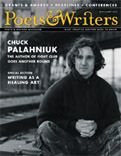Must Read List for Writers
Here's a list of suggested reading material for the modern fiction writer. Taken together, it touches on story structure, process, word choice, lifestyle, and dealing with that other world that keeps intruding on the fictional worlds you're trying to create.
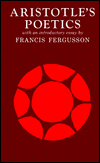
Aristotle's Poetics
This is the foundation on which story is built. If you want a clear understanding of the fundamentals of comedy, tragedy, and story telling in general, this is the book to read.
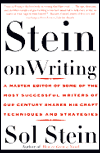
Sol Stein's Masterpiece
Stein on Writing
by Sol Stein
If you think literature and popular fiction are incompatible, think again!
Sol Stein clearly details key elements that separate enduring prose from forgettable texts and details just how to apply those elements to your writing.
Byte Meets Write
We have to mention it, don't we? This is where Jason's creative side and his technical side come together—in his involvement with Poets & Writers.
Aside from producing an outstanding magazine, the organization does a lot of great work for the literary community and for emerging writers.
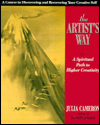
Life as a Creative
The Artist's Way: A Spiritual Path to Higher Creativity
by Julia Cameron and Mark Bryan
Though the spiritual aspect of this book can be a bit thick at times, it offers excellent advice on dealing with your own creative nature.
Creatives are different. Because of this, they often have trouble dealing with the world around them. This book offers excellent advice on nurturing your creative spirit and protecting it from the things that can stifle it.
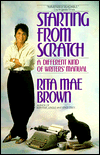
A Different Approach
Starting From Scratch
by Rita Mae Brown
A brilliant, funny, and highly entertaining book, this is another one that deals more with the writing life than with technique.
Â
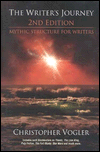
Myth as Story
The Writer's Journey: Mythic Structure for Writers
by Christopher Vogler
An ingenious analysis of the basic structure and elements of myth and their application to modern fiction. This book clearly demonstrates the timelessness of fiction and the importance of story structure.



